在高中英语学习中有很多重要的基础语法知识需要我们掌握,下面小编为大家整理一些2019高考英语必考重点语法知识,供参考!

一.表语从句
1. 定义:用作表语的从句叫做表语从句。
2. 构成:关联词+简单句
3. 引导表语从句的关联词的种类:
(1) 从属连词that。如:
The trouble is that I have lost his address. 麻烦是我把他的地址丢了。
(2) 从属连词whether, as, as if。如:
He looked just as he had looked ten years before. 他看起来还与十年前一样。
The question is whether they will be able to help us. 问题是他们是否能帮我们。
注:从属连词if一般不用来引导表语从句,但as if却可引导表语从句,如:
All this was over twenty years ago, but it's as if it was only yesterday.
这都是20多年前的事了,但宛如昨天一样。
能跟表语从句的谓语动词一般为系动词be, seem, look等。如:
It looked as if it was going to rain. 看起来天要下雨了。
(3)连接代词who, whom, whose, what, which, whoever, whatever, whichever
连接副词 where, when, how, why。
如:The problem is who we can get to replace her. 问题是我们能找到谁去替换她呢。
The question is how he did it. 问题是他是如何做此事的。
That was what she did this morning on reaching the attic. 那就是她今晨上了阁楼干的。
解释:
1. 连词because可引导表语从句。如:
I think it is because you are doing too much. 我想这是因为你做得太多。
2. 在一些表示“建议、劝说、命令”的名词后面的表语从句中,谓语动词用虚拟语气。should+动词原形表示,should可省略。如:
My suggestion is that we (should) start early tomorrow. 我的建议是我们明天一早就出发。
二.主语从句
1. 定义:用作主语的从句叫做主语从句。
2. 构成:关联词+简单句
3. 引导主语从句的关联词有三类:
(1) 从属连词that。 如:That they were in truth sisters was clear from the facial resemblance between them.
很明显,她们确是亲姐妹,她们的脸型很相似。
(2) 从属连词whether。如:
Whether he’ll come here isn’t clear. 他是否会来这里还不清楚。
(3) 连接代词who, whom, whose, what, which, whoever, whatever, whichever
连接副词 where, when, how, why。如:
What she did is not yet known. 她干了什么尚不清楚。
How this happened is not clear to anyone. 这事怎样发生的,谁也不清楚。
Whoever comes is welcome. 不论谁来都欢迎。
Wherever you are is my home ---- my only home. 你所在的任何地方就是我的家----我唯一的家。
解释:
1. 主语从句能用it作形式上的主语。常以it作形式主语的句型有:
A. It+be+形容词(obvious, true, natural, surprising, good, wonderful, funny, possible, likely, certain, probable, etc.)+that从句。如:
It is certain that she will do well in her exam. 毫无疑问她考试成绩会很好。
It is probable that he told her everything. 很可能他把一切都告诉她了。
B. It+be+名词词组(no wonder, an honour, a good thing, a pity, no surprise, etc.)+that从句。如:
It’s a pity that we can’t go. 很遗憾我们不能去。
It’s no surprise that our team should have won the game. 我们没赢这场比赛真意外。
C. It+be+过去分词(said, reported, thought, expected, decided, announced, arranged, etc.)+that从句。如:
It is said that Mr. Green has arrived in Beijing. 据说格林先生已经到了北京。
It is reported that China has sent another man-made earth satellite into orbit.
据报道中国又成功地发射了一颗人造地球卫星。
D. It+seem, happen等不及物动词及短语+that从句。如:
It seems that Alice is not coming to the party at all. Alice似乎不来参加晚会。
It happened that I was out that day. 碰巧我那天外出了。
E. It+doesn’t matter (makes no difference, etc.)+连接代词或连接副词引起的主语从句。如:
It doesn’t matter whether she will come or not. 她是否来这无关紧要。
It makes no difference where we shall have the meeting. 我们在哪里开会毫无区别。
F. 当that引导的主语从句出现在疑问句中时,要以it作形式主语,而把主语从句后置。如:
Is it true that the scientist will give us a lecture next week? 下周那位科学家将给我们作报告是真的吗?
Does it matter much that they will not come tomorrow? 他们明天不来很要紧吗?
G. 当主语从句出现在感叹句中时,要以it作形式主语,而把主语从句后置。如:
How strange it is that the children are so quiet! 孩子们这么安静真奇怪!
2.注意连接代词whoever, whatever, whichever等引导主语从句的含义
Whoever comes will be welcome. (whoever=the person who) 来的人将受到欢迎。
Whatever he did was right. (whatever=the thing that) 他所做的事情是正确的。
Whichever of you comes in will receive a prize. (whichever=anyone of you who) 你们当中不论哪个进来将会得到奖
三.宾语从句
1. 定义:用作宾语的从句叫宾语从句。
2. 构成:关联词+简单句
3. 引导宾语从句的关联词有三类:
(1) 从属连词that。如:
He told us that he felt ill. 他对我们说他感到不舒服。
I know he has returned. 我知道他已经回来了。
注: that在引导宾语从句时也并不是任何情况下都可以省略。在以下情况下,that不能省略。
1. Everybody could see what happened and that Tom was frightened.(and连接两个宾语从句,that宾语从句放在and的后面时,that不能省略。)
大家都会看出所发生的事情并知道Tom非常害怕。
2.I know nothing about him except that he is from the south.(that引导的宾语从句作介词宾语时,that不能省略。)
对他我一无所知,只知道他是南方人。
以上就是我对于高中英语学习过程中一些初级英语语法的总结,希望大家能够对以上内容进行理解,在理解后能够熟练地进行造句练习,只有不断地练习使用,我们才能够对以上的内容进行掌握,在需要用到这些语法时才能脱口而出。
1. be fond of “喜爱,爱好” 接名词、代词或动词的-ing形式。
He’s fond of swimming. 他喜欢游泳。
Are you fond of fresh vegetables. 你喜欢新鲜蔬菜吗?
He is fond of his research work. 他喜爱他的研究工作。
2. hunt for = look for 寻找
I have found the book I was hunting for.我找到了那本我在找的书。
hunt for a job 找工作
3. in order to/so as to:这两个词组都可引导不定式作目的状语, in order to可放于句首, so as to则不能, 其否定形式为in order not to / so as not to.
He went to Beijing in order / so as to attend an important meeting.
In order to be noticed, he shouted and waved to us.为了让我们注意他, 他朝我们又是叫喊又是挥手。
4. care about
1) 喜欢,对……有兴趣 = care for
She doesn’t care about money.她不喜欢钱。
2)关心 = care for
She thinks only of herself. She doesn’t care about other people.她只考虑自己。她不关心别人。
3)在乎,在意(接从句或不接任何成分)
These young people care nothing about what old people might say.
这些年轻人根本不在乎老人说的话。
5. such as 意为“诸如……”,“像……”,是用来列举人或事物的。
She teaches three subjects, such as physics and chemistry.她教三门科目,像物理、化学。
6. drop a line 留下便条, 写封短信
7. make yourself at home 别客气;随便;无拘束
If you get to my house before I do, help yourself to a drink and make yourself at home.如果你在我之前到我家,自己喝点饮料,随便一点。
8. stay up 不睡;熬夜
(1) I'll be late home, don't stay up for me.
我将回家很晚,不要等我了。
(2) He stayed up reading until 2:00 in the morning.
他熬夜看书直到凌晨两点。
9. come about 引起;发生;产生
(1)How did the accident come about?
这场事故是怎么发生的?
(2) They didn't know how the change had come about.
他们不知道这个变化是怎样产生的。
10. except for 除……之外
(1) except 与 except for 的用法常有区别。except 多用于引起同类事物中被排除的一项。如:
①He answered all the questions except the last one.
除去最后一个,他回答了所有问题。
②We go there every day except Sunday.
除了星期天,我们天天去那里。
(2)except for 用于引述细节以修正句子的主要意思。如:
①Except for one old lady, the bus was empty.
除去一个老太太,这辆公共汽车全空了。
②Your picture is good except for the colours.
你的画儿很好,只是某些色彩有问题。
(3)但在现代英语中,except for也用于表示except的意思。如上述第一个例子可以是:
He answered all the questions except for the last one.
(4) 另外,在介词短语之前只能用except,不能用except for。
We go to bed before ten, except in the summer.
除了夏季,我们通常十点之前上床睡觉。
11. end up with 以……告终;以……结束
The party ended up with an English song.聚会以一首英文歌结束。
12. more or less 几乎;差不多;大约;大概;大体上
(1) I've more or less succeeded, but they haven't.
我差不多成功了,而他们没有。
(2) Our living condition has more or less improved.
我们的生活水平或多或少提高了。
13. bring in 引进;引来;吸收
(1) We should bring in new technology.
我们应该引进新技术。
(2) He brings in 800 dollars a month.
他一个月挣八百美元。
14. get away(from) 逃离
(1)The thieves got away from the shop with all our money.
小偷带着我们所有的钱从商店逃跑了。
(2)I caught a really big fish but it got away.
我钓到了一条好大的鱼,可是它逃掉了。
15. watch out (for)注意;留心
(1)Watch out! There is a car coming.
小心!汽车来了。
(2)Watch out for the hole in the road.
留神路上的那个坑。
16. see sb. off 给某人送行
Tomorrow I will see my friend off at the railway station.
明天我到火车站给朋友送行。
17. on the other hand 另一方面(用以引出相互矛盾的观点、意见等,常说on the one hand …… on the other hand一方面……另一方面)
I know this job of mine isn't well paid, but on the other hand I don't have to work long hours.
我知道这份工作报酬不高,但从另一方面来说,我也不必工作太长时间。
18. as well as 和,还
He is a talented musician as well as being a photographer.
她不但是摄影师还是个天才的音乐家。
19. take place 发生
take one’s place 入座、站好位置、取得地位
take sb’s place 或take the place of 代替、取代
20. on fire 相当于burning, 意为“燃烧;着火;起火”,有静态的含意。catch fire有动态的含意。
set…on fire/set fire to…用来表示“使……着火”、“放火烧……”。
Look, the theatre is on fire! Let’s go and help.瞧,剧院着火了,咱们去帮忙救火吧。
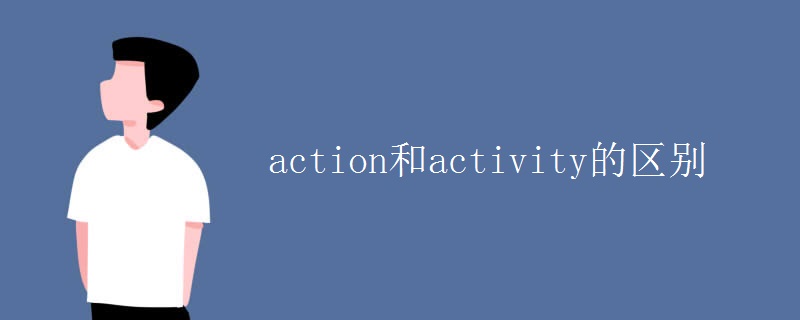
action和activity都可以表示活动,区别是action可以看成是activity的子集。activity不是原子动作,可以再分,a...
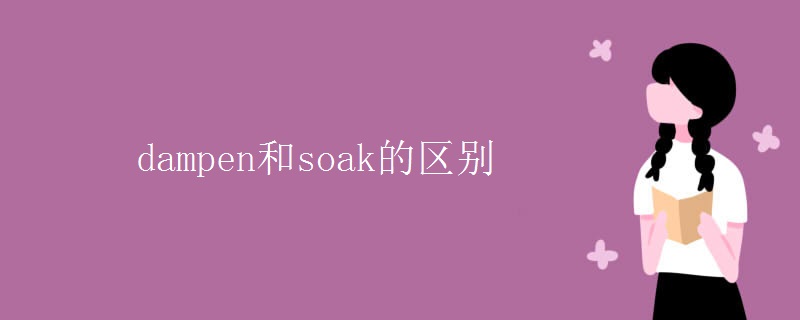
用作名词时damp的意思是:湿气;潮湿。soak的意思是:浸;湿透。用作动词时damp的意思是:变潮湿。soak的意思是:浸泡;渗透;渗入。...
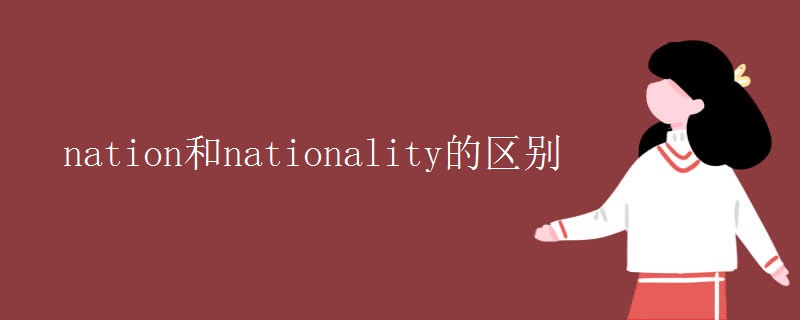
nation表示的是国家;民族,比如中国就是nation。而nationality的意思是国籍,比如说“你拥有中国国籍” 就是 You ha...

give off通常用来表示“散发,发出”某种气体或气味。give out 则通常用来表示“散发”某种光,声,热,信号等物理现象,此外,它还...

burn down意为“烧毁”,通常是指建筑物被完全烧塌,还有“火势减弱”之意;burn up也有“烧毁”、“烧掉”之意,但一般不是指建筑物...

competence指足以胜任或非常合格的状态或性质(即能力)或法律所赋予的作出某一行为的权力的性质或状态(即权限);performance...

vlog多为记录作者的个人生活日常,主题非常广泛,可以是参加大型活动的记录,也可以是日常生活琐事的集合。volg 这个单词不存在于字典中,网...
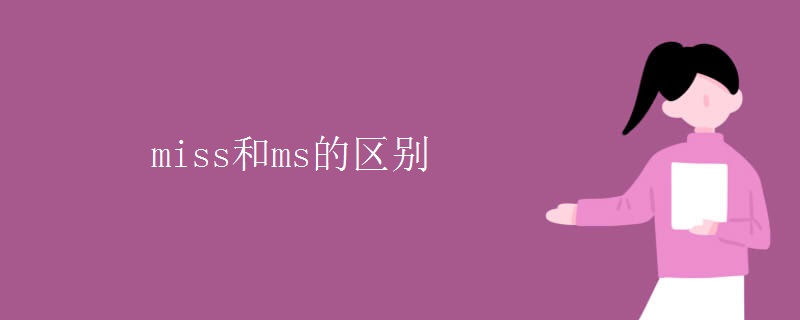
Miss一般用来称呼未婚的女子,可以翻译成“小姐”,比如Miss Li就是李小姐的意思。其复数形式写作the Misses。Ms这个称呼比较...

在一些情况下This's可能是this is,this has,this was的缩写。例如:this's Merry,即is;this's...

有的学生谈到英语学习有一种共同的感觉,按照他们自己的话说:“高中英语难度相对增大,成绩下降。下面有途高考小编整理了《最简单有效的高中英语提分...

由著名演员吴京领衔主演的军事爱国题材电影《战狼2》,它是受众范围最广的动作片,从老到小的观众,几乎很少有不喜欢看商业动作大片的,这是它能拿影...

S、G为高速公路标识,S通常为省道高速,G通常代表国家高速公路。国家高速的标识牌通常为绿底白字,G后面通常为1个2个或4个数字,数字位数不同...

V指的是:Volume总量;P指的是:Progression进度。要想在安全的锻炼过程中取得良好的锻炼结果,就必须在体育锻炼中科学地控制锻炼...
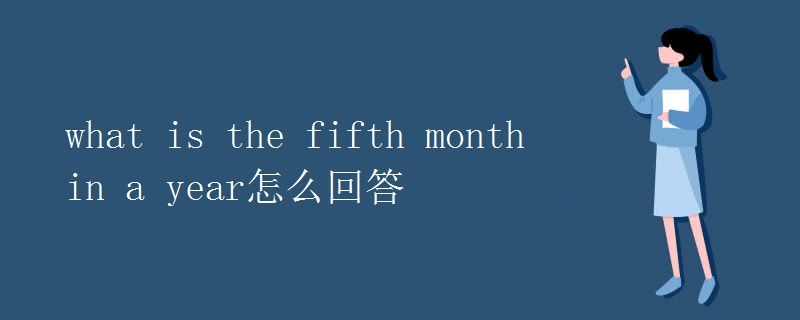
回答 It's May.本句的翻译是一年中的第五个月是什么,回答是五月。月份的英语为:一月January,二月February,三月Marc...

we just like good friends写法是属于正确的。Like有“相像”“相似”等意思,作“相似”“相像”解,用作定语时是形容...